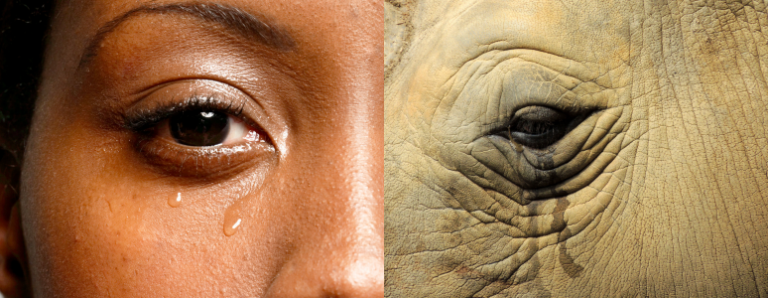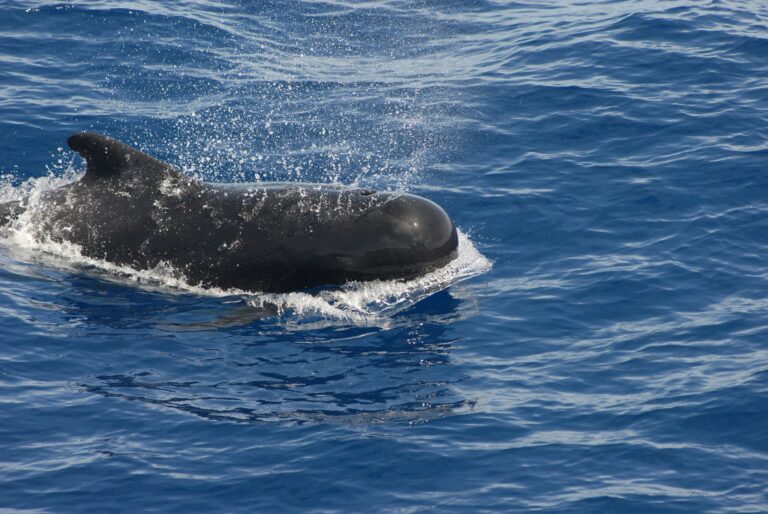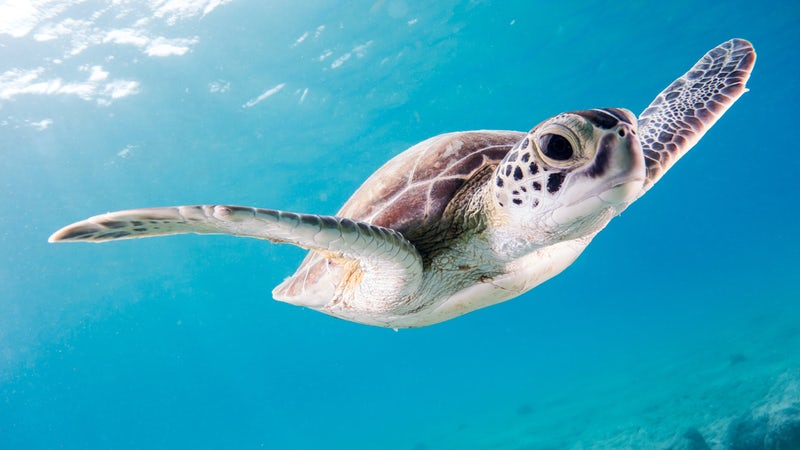
Ocean with David Attenborough: A Wake-Up Call for Our Planet
Despite covering 70% of the Earth’s surface, less than 3% of the world’s oceans are protected, leaving vast areas vulnerable to exploitation. This reality is highlighted in Ocean with David Attenborough, released on 8 June for World Oceans Day. Few have had a more remarkable career than Population Matters patron Sir David Attenborough, who for over 70 years has guided us through the wonders of the natural world – and revealed how we are driving its destruction. David Attenborough’s new work shows us, undeniably, that one of the most important ecosystems is under critical threat – from us.
“We are at a crossroads, with humanity draining the life from the ocean.”
Sir David Attenborough, Ocean
We all owe a debt to Sir David Attenborough for his tireless work to defend our planet. His new work makes clear that protecting the world’s oceans is more critical than ever. We must tackle the uncomfortable truths of the cause and effect of human population growth and our consumption of resources, if we are to live sustainably and fairly with nature.
To explore these challenges further, we spoke to Daniel Cáceres Bartra, a Peruvian marine biologist and Latin America Representative for the Sustainable Ocean Alliance. Daniel is attending the UN Ocean Conference in Nice, France.
According to Daniel, the rapid expansion of ocean industries such as industrial fishing, global shipping and the emerging threat of deep-sea mining is unfolding in plain sight. He noted that this expansion continues despite a widespread lack of public awareness or political urgency: “It’s happening right in front of us, but it’s not always visible or talked about. There is a denial and an invisibility of the threat.”
A Lifetime of Change: Population Growth and Nature’s Decline
When Sir David was born in 1926, the global population stood at 2 billion. In the intervening 99 years, it has more than quadrupled to over 8 billion people today. Since 1970, wildlife species have declined by 73%, principally because wildlife habitat has been broken up by urbanisation and the intensification of agriculture. This has put thousands of species on the brink of extinction.
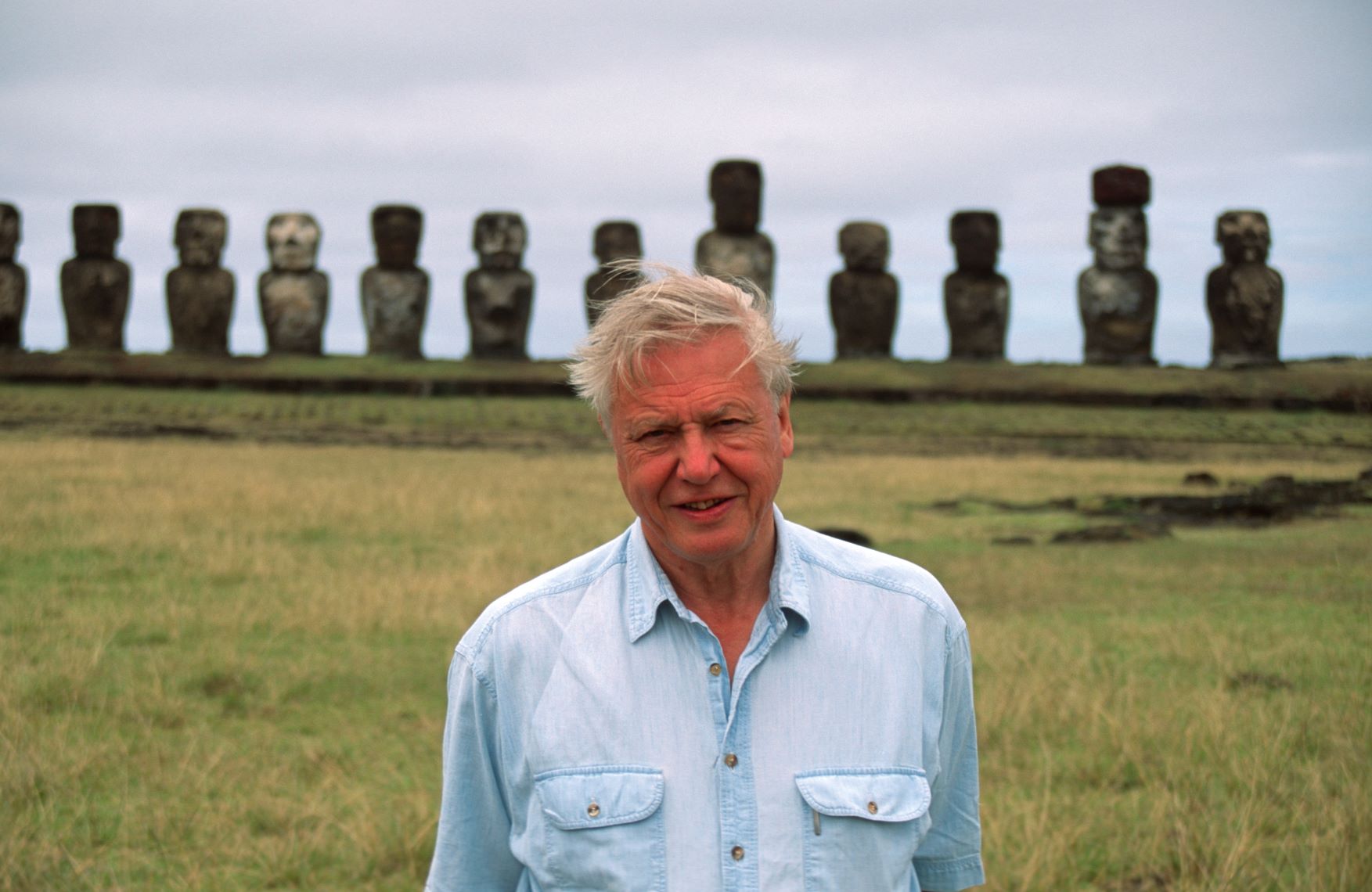
Daniel is clear that the relationship between population growth and ocean degradation is direct, “More people, means more consumption, each human requires a basic protein and nutritional demand. That translates into more ships, more coastal cities and more demand for seafood. All of it puts heavy pressure on marine ecosystems.”
We’ve already seen wildlife species disappear on land; this could be mirrored in the oceans if demand driven by our growing population continues. Overfishing, mineral extraction and international shipping pose existential threats to marine ecosystems.
The Hidden Cost of Overfishing
Ocean with David Attenborough places a spotlight on the destruction caused by mega-trawlers bulldozing the seabed. Many viewers are likely to be deeply concerned by the loss of fish, corals and kelp forests destroyed by these mega-trawlers. But before placing the blame solely on the fishing industry, they should also recognise that these wasteful practices arise from the demands of feeding the growing global population.
According to The Food and Agriculture Organization of the United Nations, aquatic foods currently provide 15% of all animal proteins consumed. If the global population exceeds 10 billion by the 2080s, fish demand will rise dramatically, the UN predicts. The fishing industry must change to stop exploiting oceans and harming marine life and communities in lower-income countries. We must reduce demand for fish by keeping population and consumption within sustainable limits.
Oceans Under Pressure
As Sir David’s film makes clear, we have only just begun to understand the diversity of life that exists in our oceans. But the impacts of humanity both on land and at sea due to our overconsumption of resources, particularly in high-income countries, are plundering and poisoning our oceans and the marine species that oceans are home to.
Scientists warn that current calls for deep-sea mining to meet future resource needs would be catastrophic for marine ecosystems. On this subject, Daniel didn’t mince words. He likened the practice to “bulldozing an ancient forest… but underwater.” He went further, explaining: “Unique habitats that took thousands of years to form are destroyed, and we might lose species or microbes that could hold keys to climate solutions or even medicine.”
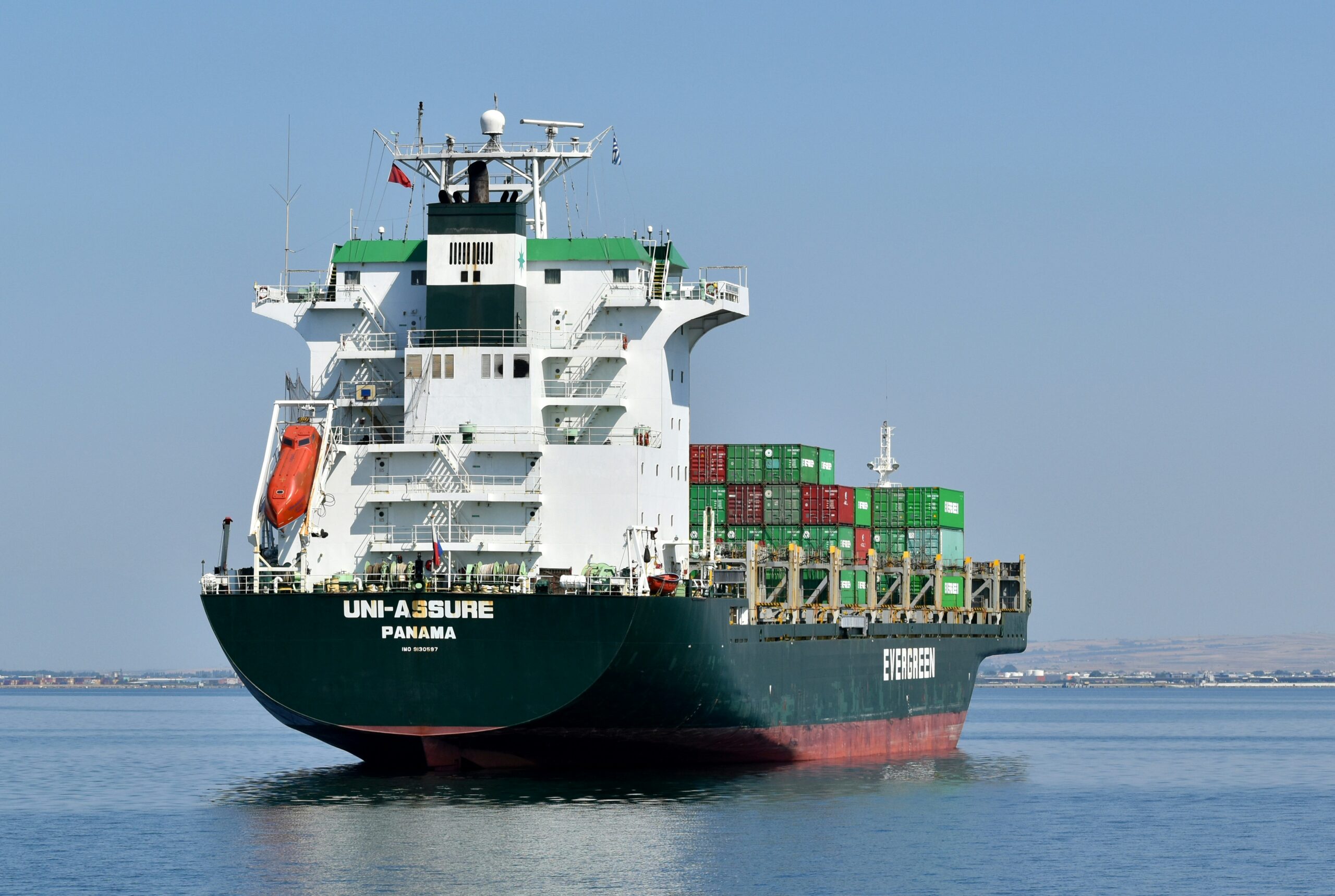
Marine shipping routes are making oceans noisier and more polluted. A rise in whale strandings shows how shipping and military sonar disrupt their sonar navigation. In the same way it’s hard for two humans to hear one another next to a busy road; noise generated by ships can mask sounds that marine mammals use to communicate, navigate, find mates and hunt for food.
This has led to marine species, such as the endangered southern resident orca, struggling to hunt for the few fish left for them. Daniel calls for: “clear regulations, better noise-reducing technology and more public education to make this invisible threat visible.”
Rubbish Island and Microplastics: Humanity’s unwanted footprint
The Great Pacific Garbage Patch shows our collective impact – a plastic island estimated to be three times France’s size. This rubbish island keeps growing, with over 11 million tonnes of plastic entering the ocean every year.
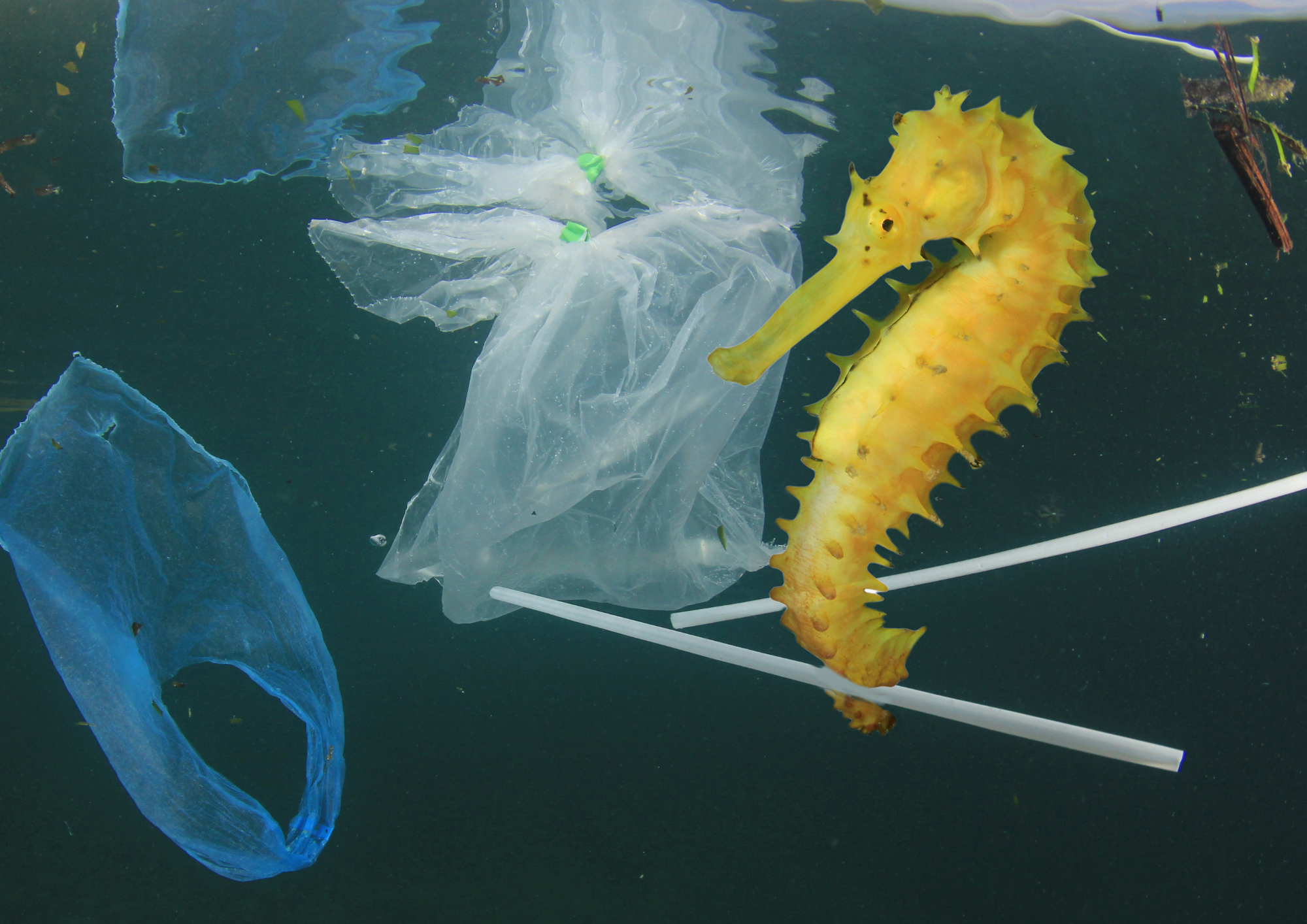
We now know the inert properties of plastic mean it doesn’t degrade, but breaks up into smaller and smaller pieces. Microplastics now contaminate our water and soil, and scientists find them in the stomachs of birds, fish and humans. Sir David’s Blue Planet II exposed plastic pollution to the world and inspired stronger, more coordinated action on single-use plastics.
Protecting the oceans starts with us
We hope Ocean with David Attenborough can spark a conversation about the human population’s impact on the world’s oceans. The film shows the ocean can recover faster than we expect – but only with urgent, coordinated global action. We must reduce both population and consumption to bring human impact within sustainable limits and protect marine ecosystems. Life began in the ocean. We must act now to preserve its rich biodiversity before it’s too late.
“The ocean needs space, time, and less pressure. Where strong protections exist, marine life has bounced back powerfully.”
Daniel Cáceres Bartra
We’ll continue to follow Daniel’s work at the UN Ocean Conference in Nice. He kindly agreed to write a follow-up blog exploring whether attendees are meaningfully addressing population growth. Stay tuned for his reflections and insight from inside the negotiations.
If Ocean moved you like it moved us, take action today. Support our Nature Can’t Wait appeal, and right now, your donation will go twice as far. Thanks to match funding, every pound you give will be doubled at no extra cost to you. Together, we can take action to protect the natural world before it’s too late.

